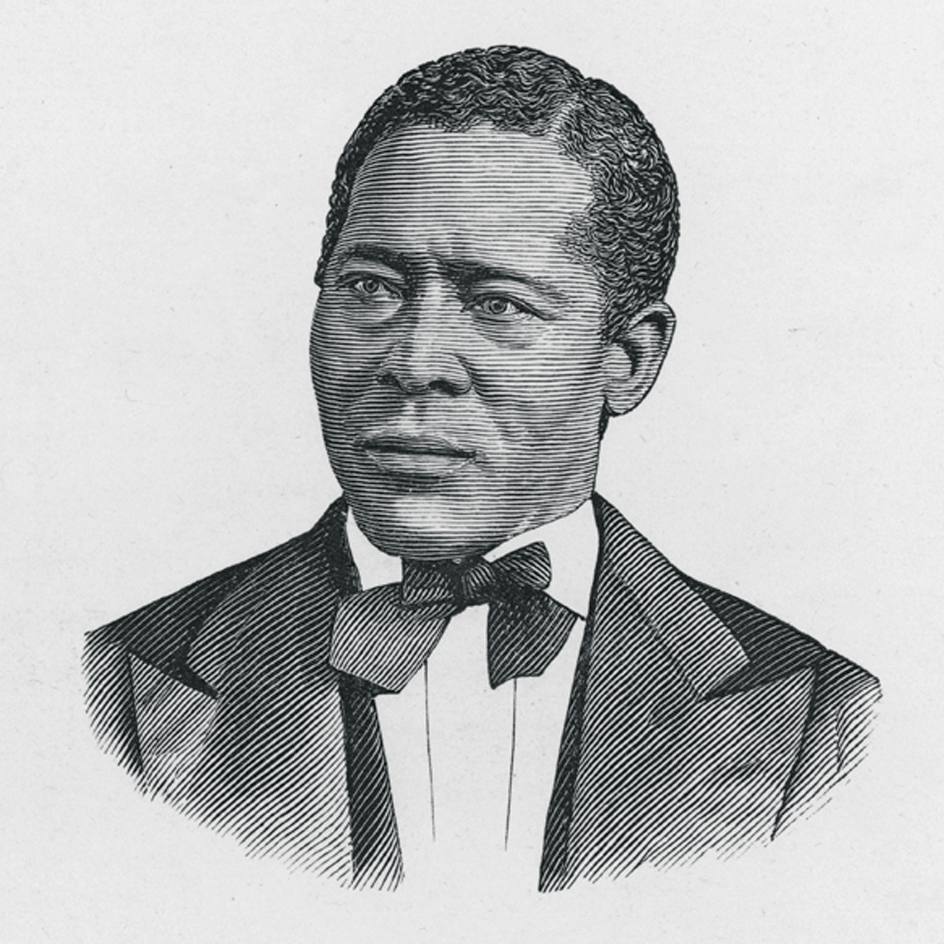Still, William (1821-1902), was an African American abolitionist, writer, and businessman. In the mid-1800’s, Still became involved in antislavery causes and began assisting people escaping slavery who traveled through Philadelphia on their way to freedom in Canada. For his efforts, abolitionists and formerly enslaved people referred to Still as the “father of the underground railroad.” The underground railroad was an informal system that aided enslaved people who fled to the northern United States, Canada, or other places that prohibited slavery.

Still was born in Burlington County, New Jersey, on Oct. 7, 1821. His mother had escaped slavery in Maryland, and his father was a formerly enslaved man who had purchased his own freedom. Still was the youngest of 18 children. He had little formal schooling, but he learned to read and write. He married Letitia George in 1847, and the couple had four children.
Also in 1847, Still began working for the Pennsylvania Society for the Abolition of Slavery. After the U.S. Congress passed the Fugitive Slave Act of 1850, which made it a crime to aid people escaping from slavery, Still chaired the society’s vigilance committee, which helped to provide safe lodging for hundreds of fugitives. One of the runaways who arrived at Still’s office seeking assistance was Peter Friedman, a fugitive from Alabama Still recognized as his older brother.
Still kept detailed journals and preserved the records of fugitives who traveled through Philadelphia. The journals became part of the source material for his book The Underground Railroad (1872). The book highlighted the efforts of free Black people and the courage and resourcefulness of the Black Americans that escaped.
Still was a successful businessman. In the early 1860’s, he opened a store that sold stoves. He later started a coal business that made him wealthy. He also continued efforts to improve the lives of free Black people. Still worked to end discrimination against African Americans on Philadelphia streetcars. He also worked for groups that aided Black people who were elderly and poor, as well as the orphaned children of Black soldiers and sailors. Still died on July 14, 1902.
See also Underground railroad.
